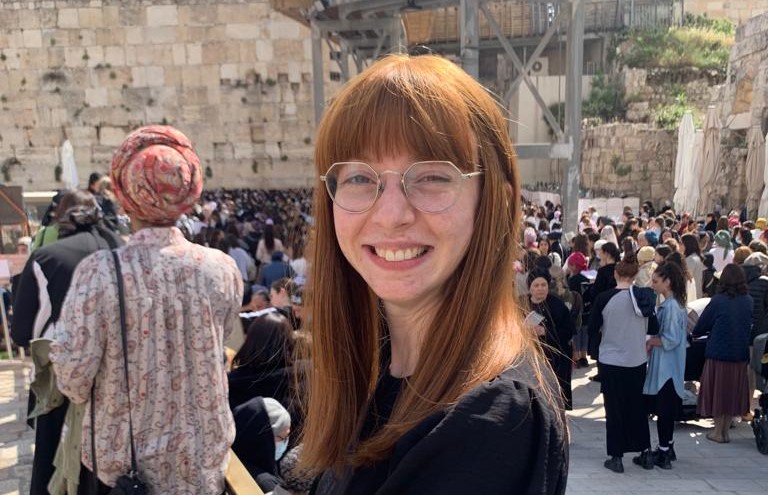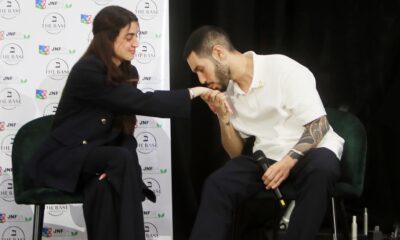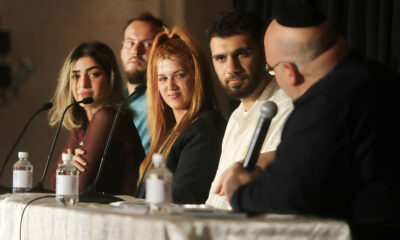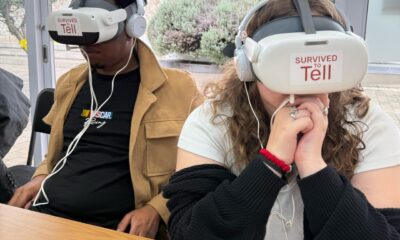
OpEds

War shouldn’t be the reason for national unity
When my husband and I moved down south to the young dati-leumi community of Carmei Gat, 20 minutes from Ashkelon, we were told repeatedly that there were simply never sirens in the area in spite of our proximity to Gaza.
So, when the first sirens began at 06:30 on Simchat Torah morning and continued until 14:00 that afternoon, we knew something terrible had happened. It was only after Shabbat ended that we truly realised the scale of devastation and that we were at war. I felt helpless and broken.
The next day, I logged onto a Zoom meeting with my colleagues from the public relations agency I work for. The first thing that my boss, a veteran journalist and public relations expert said was, “What can we do with the skills we have to help those desperate to have their stories told?”
We immediately pivoted to setting up a system where international press could send in their requests and members of the public could submit their stories or offers for commentary. Within 24 hours of the war starting, more than a quarter of the men in our shul community (Carmei Zion) were called up for reserve duty, leaving 60 women, the majority of whom have young children, at home alone.
Our community leaders didn’t skip a beat, and immediately formed a task force to give support to all the single mothers and their husbands called away. My husband began giving free dog therapy sessions to dozens of children in the community as the schools and community centres that he usually works in closed overnight.
This tragedy made me realise that war shouldn’t be the reason we come together as a nation. It should serve only as a reminder as to why it’s so important to be united. I do know one thing for sure, there’s nowhere else in the world I would rather be right now.
Four days before the start of the current war, my husband and I went to see the newly released film Golda, starring Helen Mirren. The film chronicles how the stateswoman responded to the most pivotal period in her political career – the Yom Kippur War.
There’s a scene in Golda in which the prime minister is on the phone with United States Secretary of State Henry Kissinger and says, “When I was a child in Ukraine, at Christmas time, my father would board up the windows of our house to protect us from Cossacks who would get drunk and attack Jews. My father would hide us in the cellar. And we’d stay silent, hoping the killers would pass us by. I’m not that little girl hiding in the cellar anymore!”
We’re no longer that “little girl” anymore.
- Kayla Glickman made aliya from South Africa two years ago and married a South African Israeli eight months ago. She works as a junior associate in a public relations company.










